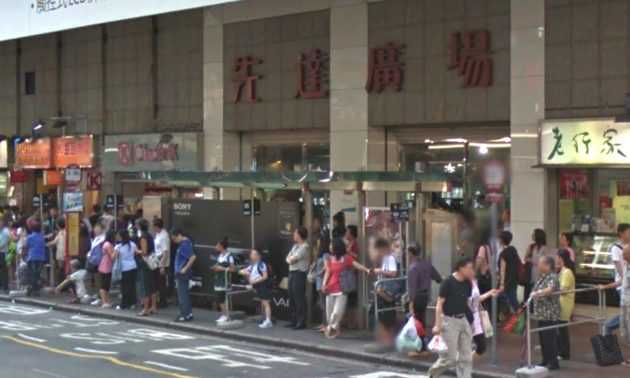Sin Tat Plaza’s decade of iPhone profiteering may be over
06 January, 2019

Spare a thought for Sin Tat Plaza, a venue that, over a period of more than ten years, may have sold more iPhones than Apple’s official Hong Kong outlets.
The popular source of the latest electronic gadgets in crowded Mong Kok has long been famous for offering latest-generation iPhones well ahead of their release through official channels.
Now, however, the mall sees vacancy rates of up to 30%, a stark contrast to its heyday when dozens of dealers offered hundreds of latest-model iPhones. Back then it was known as Asia’s largest secondary market for the very latest Apple products, next to Shenzhen’s Huaqiang Road.
In the past, dealers and speculators made small fortunes from strong Chinese demand from buyers willing to pay more than HK$10,000 (US$1,277), or 40-50% higher than the official price, for a newly-launched iPhone 4 or 5.
Some Hong Kong people signed a 24-month contract with telecom service providers in order to obtain an iPhone as early as possible. They would then sell it at Sin Tat Plaza for a profit margin of 30-40%, and use the SIM card for the contract period in another phone.
Profits prevailed from the moment Apple first launched the iPhone in 2007, through until the release of the iPhone 6 in 2014, when dealers could only scratch a meager premium like HK$100 (US$12.75).
After the iPhone 7 and iPhone 8 offered little by way of upgrades at a time when competitor products began to seriously challenge Apple’s quality advantage, Sin Tat Plaza quickly returned to the quiet place it was before the birth of iPhones.
While rents for ground floor premises can still command HK$200 per square foot, some upper floor units are available at one-fifth of the cost.
And things could be about to get even tougher. This week Apple issued a profit warning and revised its projected revenues in a gesture not seen in 20 years.
The ongoing trade war and China’s weak economic outlook stands to hurt Apple, which until recently has thrived on the affluent Chinese consumer market.
Apple shares dropped nearly 10% after the announcement. Now observers wonder how badly the changing market will affect small businesses dependent upon supply chain profits – including vendors in its once vibrant, if unofficial, iPhone shopping mall in Mongkok, Kowloon.
TAG(s):
